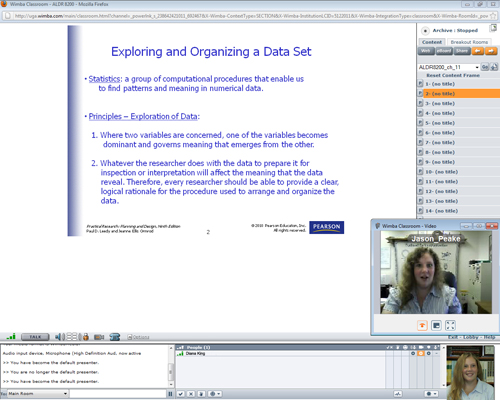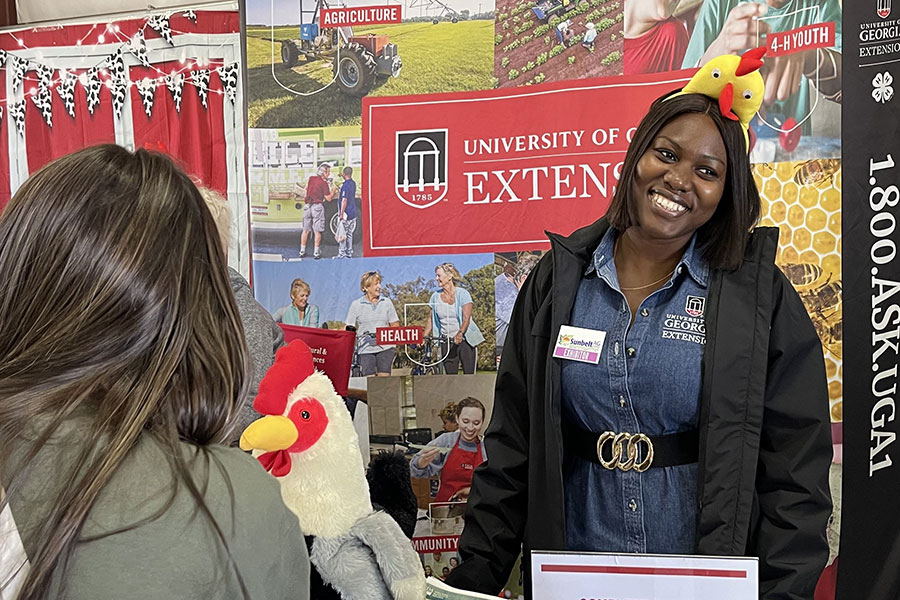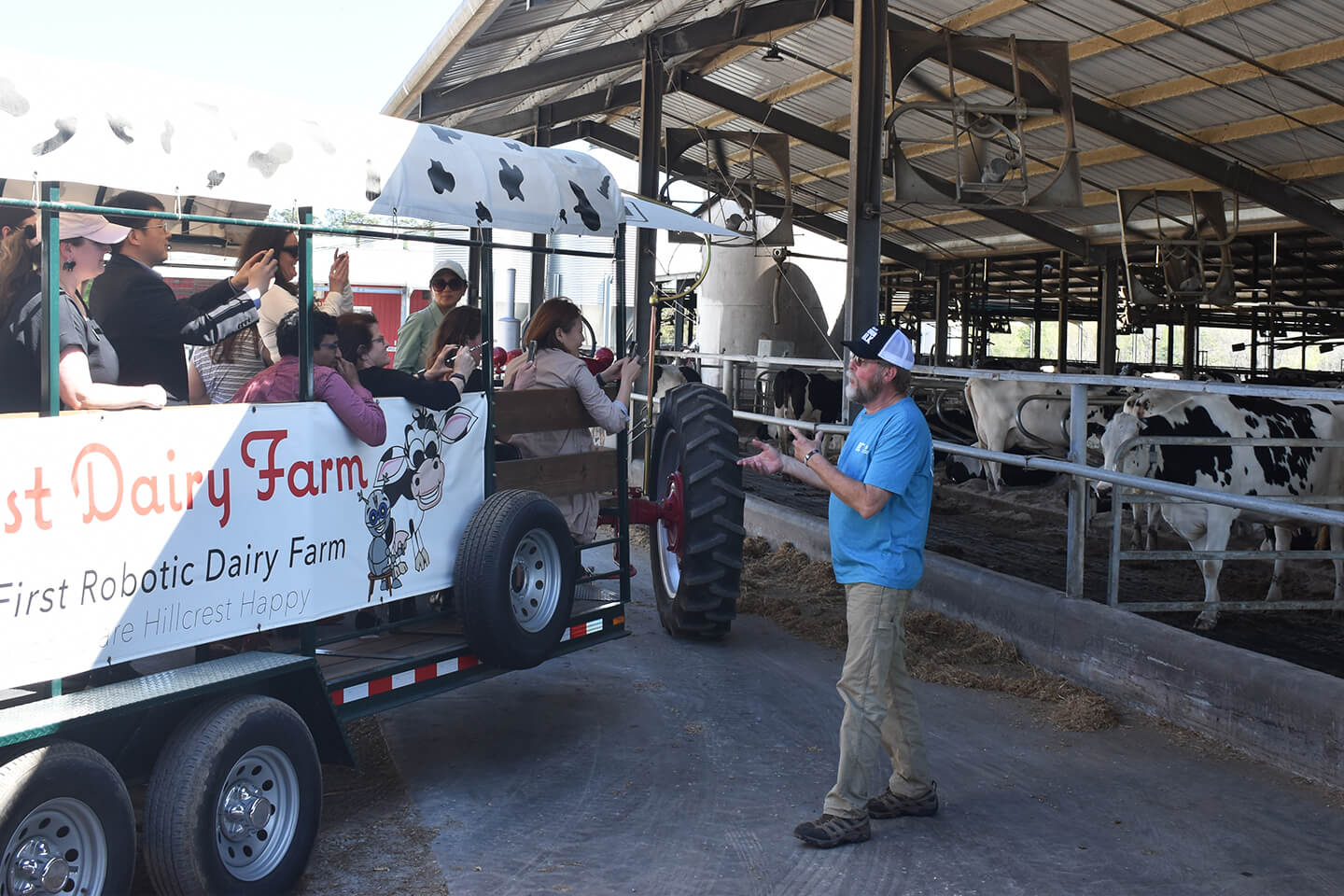This semester, nearly 50 students are logging on and learning through an innovative program at the University of Georgia College of Agricultural and Environmental Sciences. They are earning their UGA master’s degrees in agricultural leadership conveniently online.
“The master’s program is designed to develop agricultural leaders,” said Dennis Duncan, head of the CAES department of agricultural education, leadership and communication, where the program is offered.
Students in the Master of Agricultural Leadership, or MAL, engage with instructors and each other through online learning communities.
“This program offers professionals an opportunity to obtain a master’s degree without commuting to Tifton, Griffin or Athens (where CAES has campuses),” Duncan said. “The objective of the program is to provide training for educators, county agents and other individuals seeking leadership positions at agricultural agencies, producer groups, government agencies and related businesses.”
Diana King is one of several instructors engaging students in this new learning environment.
“All professors teach differently,” King said. “My classes are asynchronous. I create a series of modules and students progress their way through them throughout the semester. I expect students to complete one module each week.”
King’s online modules include reading assignments, instructional videos, quizzes and other course work. To foster communication, King has students in her Youth Organizations class participate in discussion boards and respond to each other’s posts. King holds online office hours where she is available to answer questions and facilitate discussions.
Donald Gilman, Worth County High School teacher in Sylvester, Ga., and MAL graduate, said the online learning community helped him manage his career and schooling.
“I chose the MAL program because it offered a unique opportunity to earn a master's degree from the University of Georgia and do so by utilizing new technology rather than strictly face-to-face classes,” Gilman said. “I could attend class when it was convenient for me.”
Gilman is now working on his doctorate degree. “The level of instruction in the MAL not only helped me deliver better programs to my students, but it also has prepared me for the rigors of the PhD program that I am currently enrolled in,” he said.
Some courses are taught using online classrooms, essentially chat rooms with presentation tools. Instructors can chat via text or be heard, use web cams and present material through PowerPoint document sharing or screen sharing. Using technology like Wimba and Skype, professors deliver instruction to students across the state, or from other states.
“Because it is online, we can have guest speakers from literally anywhere, because they can participate using distance technology” King said.
Separate online classrooms are built for students to use while working on group projects. They can collectively contribute to presentations and participate in discussions. MAL courses include Youth Organizations, International Agricultural Development, Program Evaluation and Diffusion of Innovation -- to name a few.
Students hoping to become teachers can earn the certification required to lead a classroom in Georgia’s school system.
To find out more information about the program, contact Duncan at dwd@uga.edu or visit the website at:www.alec.caes.uga.edu/academics/agrileadership/index.html.








